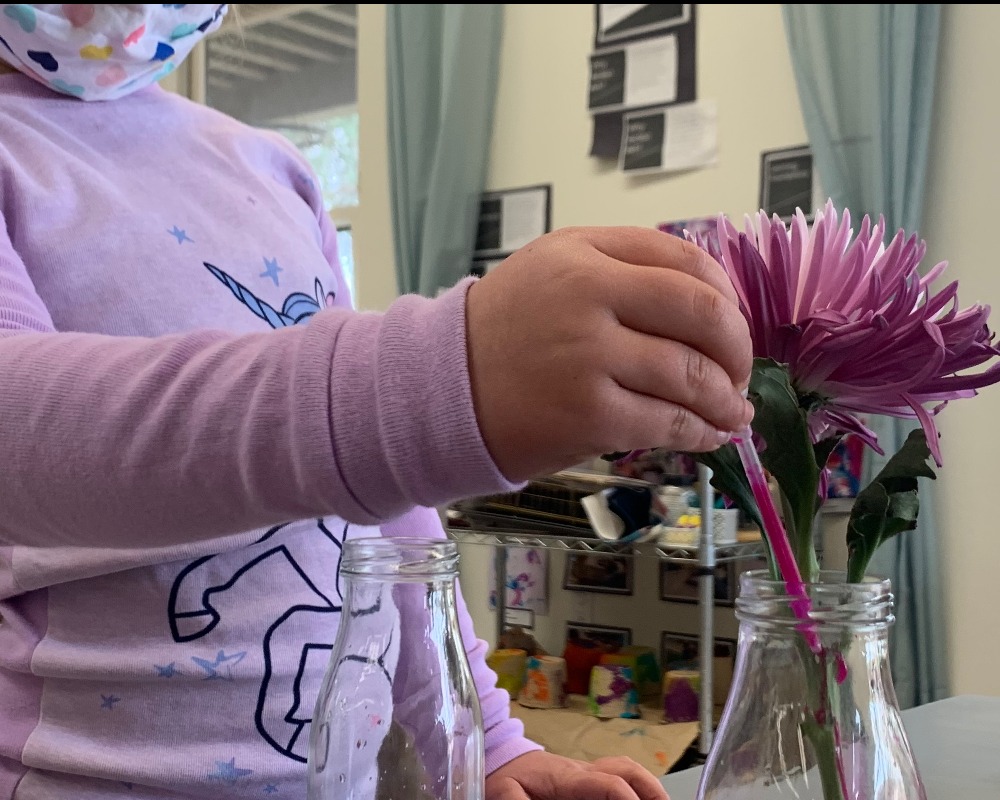Revisiting Journeys: What Are They?
Discover how to create meaningful learning by harnessing children’s curiosity. Learn practical strategies for educators to effectively observe, document, and reflect on diverse interests, ensuring a responsive and engaging learning environment.
With so many different curriculum philosophies and standards for quality care, it can be difficult to know where to start. How do we as educators create meaningful curriculum that responds to children’s curiosity? We know that thoughtful observation, documentation, and reflection are staples for intentional teaching rooted in children’s curiosities and wonders. But often times, we get stuck. We don’t know where to begin. We note that the children have many different interests making it difficult to figure which thread of inquiry to follow. Or we begin one thread only to be derailed believing that the children have lost interest or that we have missed the mark forcing us to go back to square one.
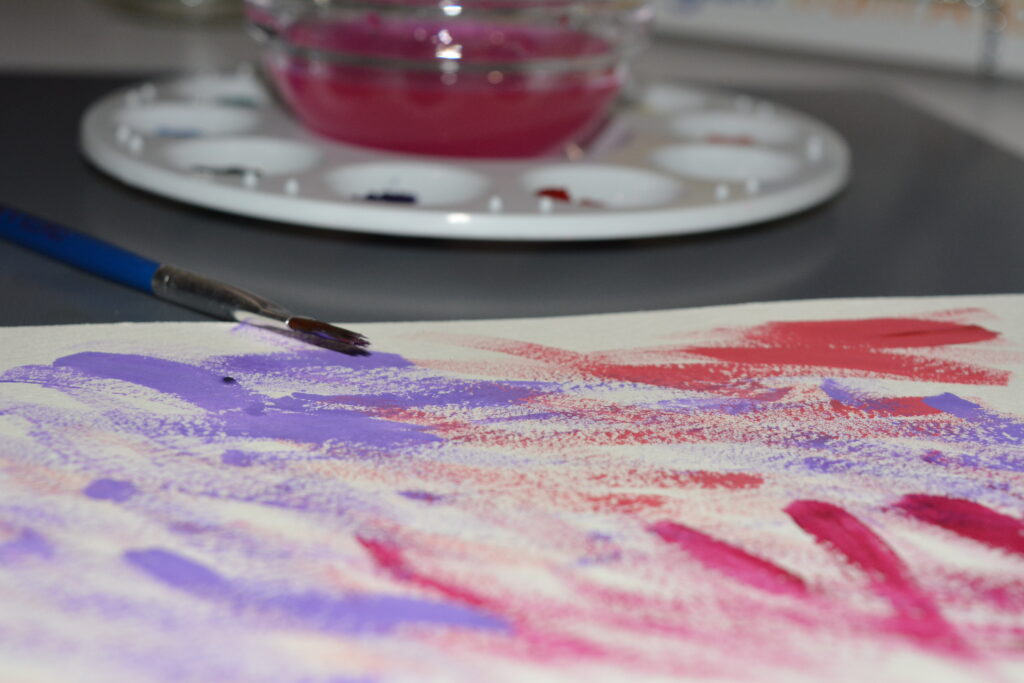
Co-Constructive Curriculum Is Just That….Co-Constructed and Motivated by Children’s Curiosity.
Often times, as educators, we forget that we play a role in the creation of children’s revisiting journeys. We think that partnering with the children means that we follow their lead. While this is true, we play another important role in this partnership. We are curious along with them and we are the co-authors of the environment. We co-create the play ecosystems for the children. We co-design thoughtful offerings for the children to explore their curiosities and discover their own wonders. In establishing ourselves as partners and collaborators with the children, we open up the possibilities for them to take journeys.
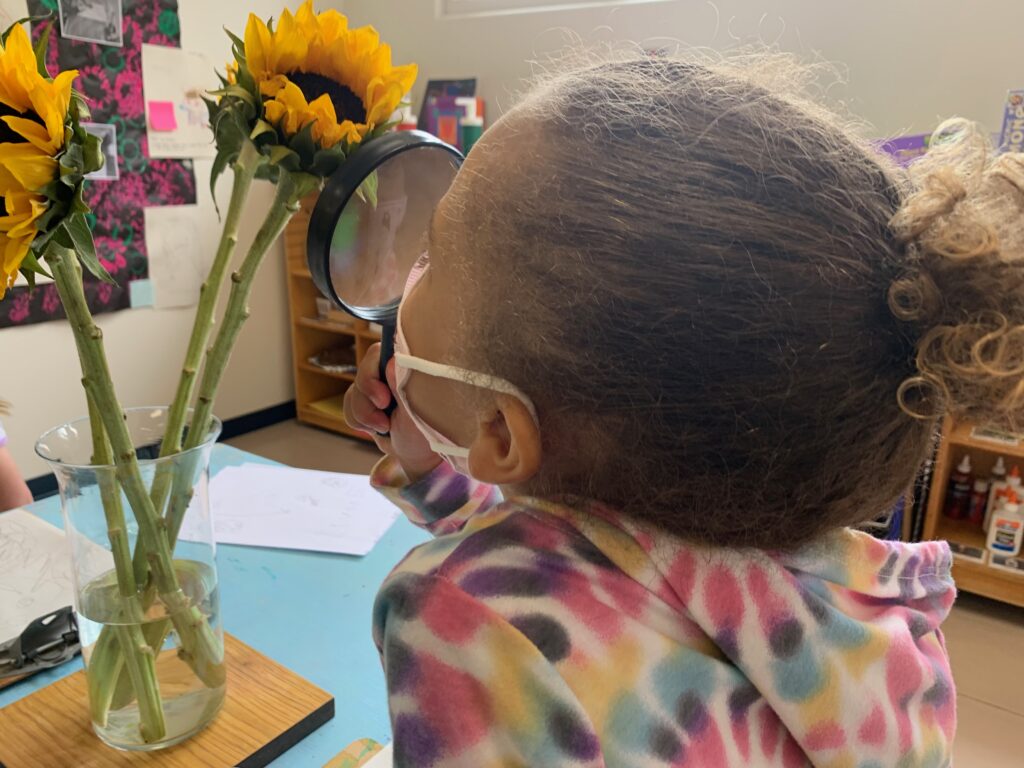
Learning is a journey that engages our curiosity. It is a process that unfolds over time. Each day presents new opportunities for discovery. With careful attention to children’s communication, whether it be through direct conversation or through nonverbal language, we can make changes to our play ecosystem to continue to support children in their journeys.
Revisiting journeys take the form of play explorations and investigations with one major difference. They center around one key concept initiated by children’s curiosity and are extended over a prolonged period of time. They are not projects that have predetermined end products in mind. They are a pathway into collaborative studies that help the children to make sense of complex concepts.
For example, we know that children use dramatic play to take on different roles because they are curious and want to make sense of the world around them. This meaning making is not limited to just dramatic play. Children are constantly trying to understand their world, their rights, and their identities, and they follow their curiosity until they find an answer that is satisfying. The complex process of discovery unfolds through journeys. They find new possibilities to explore the same concept.
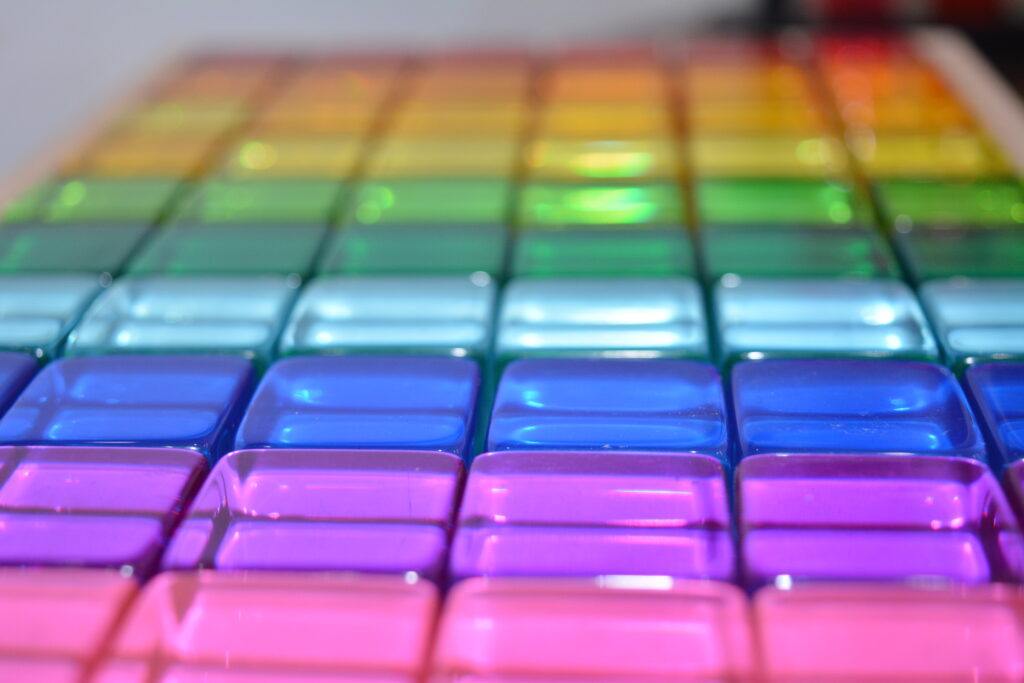
Educators are in a parallel learning journey where reflection is a key component. We must reflect on what the children are telling us.
- Are they expressing a desire to deepen their understanding of a topic?
- Are they curious about specific ideas?
- Are they wanting to test their own theories about the way something works?
- Are they trying to understand what it means to be a member of a community?
These are deep questions and can seem abstract from the outside. However, as educators, we know that young children are capable of deep thinking. They have innate desire to understand the world around them, and their curiosity leads them to ask more questions. They wonder. They are curious. They find joy in discovery. This is where and how children enter into journeys, following their own threads of inquiry, their own curiosities and communicating with us, their collaborators, the educators what things are making them wonder.
Our role is to be curious, to listen, take notes, research, and design offerings that meet these desires through various mediums. Doing this type of deep work requires us to be thoughtful. To be intentional. We have to set aside our own ego and join the children. We must revisit our image of ourselves as educators and embrace the unknown.

Designing Revisiting Journey’s Play Ecosystem that Supports Children’s Curiosity
The play ecosystem you design is one that is rich with opportunities and possibilities for wonderment, curiosity and joy. It offers children the time and space to make discoveries. Unexpected discoveries about how they are, how the world works, and their role in all of this. By revisiting the designs in our play ecosystems and providing unscripted materials, we offer children the opportunity to author their own learning journey. When we reimagine spaces based on children’s curiosities, we provide opportunities for further growth and discovery.
We partner with the children with the intention of helping the children to deepen, understand, and answer their own questions. We encourage children to think critically and reflect on their own experiences, to make discoveries, and to follow their curiosity. Children are able to redefine their ideas and give meaning to the world around them.
The Multiple Journeys That Follow Children’s Curiosity
Many journeys can and will be unfolding simultaneously. It is important to not lose sight of this. When we follow the children’s lead, there will be multiple journeys occurring in our classroom at once. This requires us to be focused and attentive. We will have to assess and make choices to support the various journeys we are seeing. For example, the children may be entering into a journey through the concept of power while simultaneously entering into a journey through the concept of democracy. These two concepts can seem to be contrasting to one another.
However, as journeys are the means in which children discover their identities and rights, these concepts actually go hand and hand. By entering these contrasting journeys simultaneously, children gain a deeper understanding of what their own power is and how to wield that as a member of community. They learn how to channel their power to be a good citizen, one that has empathy and asserts the principles of collaboration, compassion, and fairness.
This does not mean that we have to focus our planning on all of the journeys at once. We can focus on one journey that appears to be capturing a larger portion of the children’s attention. It is important that we reflect at least weekly if not daily in our planning. We must embrace the nature of the unscripted classroom or play ecosystem. We must celebrate children’s play.
We must find our own comfort in play. We must join the children in play, enjoying each moment as we view the world through the eyes of the children. We must rediscover the magic that is play. In doing so, we will find our footing as an educator and researcher. We will be able to welcome the unknown. We will find our balance in disequilibrium. We will find comfort in our own creativity. Joining children on their journeys will help us to rediscover the joy that is early childhood education.
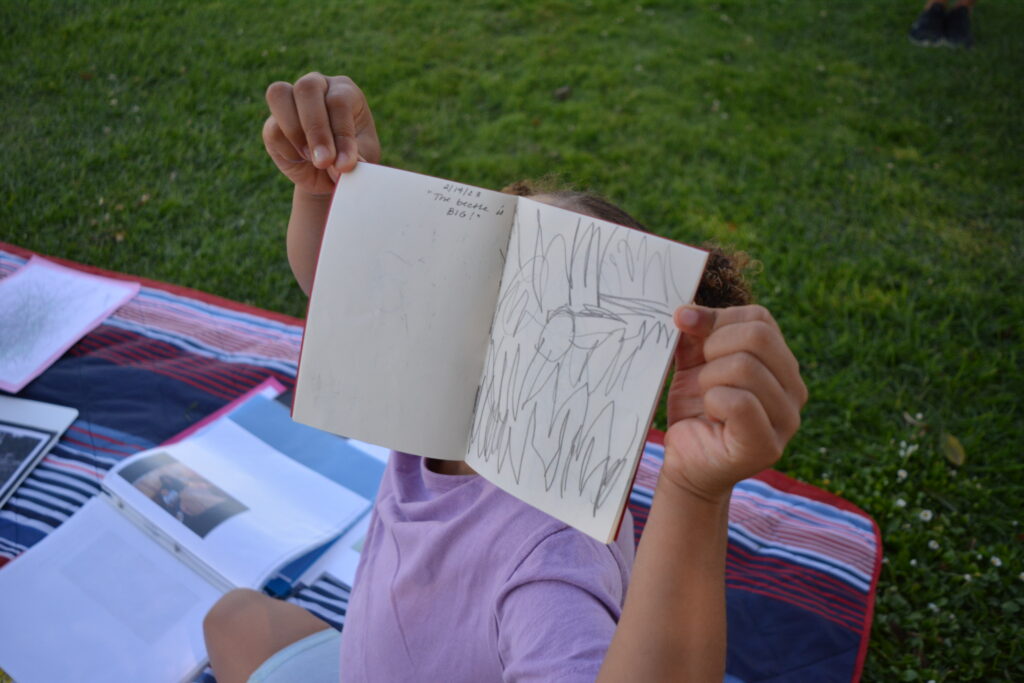
Many of us have standards that influence our funding and ultimately the decisions we make in our classrooms. In shifting our pedagogy to one of revisiting journeys, we will not only meet our standards but also reignite our creativity and passion for this work. This is hard work, made harder by the requirements and challenges we face in this industry.
Burnout is real. It is easy for us to get bogged down in checking off items and meeting the list of criteria, losing sight of the wonder that brought us here in the first place. Joining children on their journeys allows us to reset. It allows us to rediscover what it means to be an intentional educator. We are able to see children’s growth and development as the whole unique individuals that they are. We are able to celebrate play! We get to be excited to come to work again!
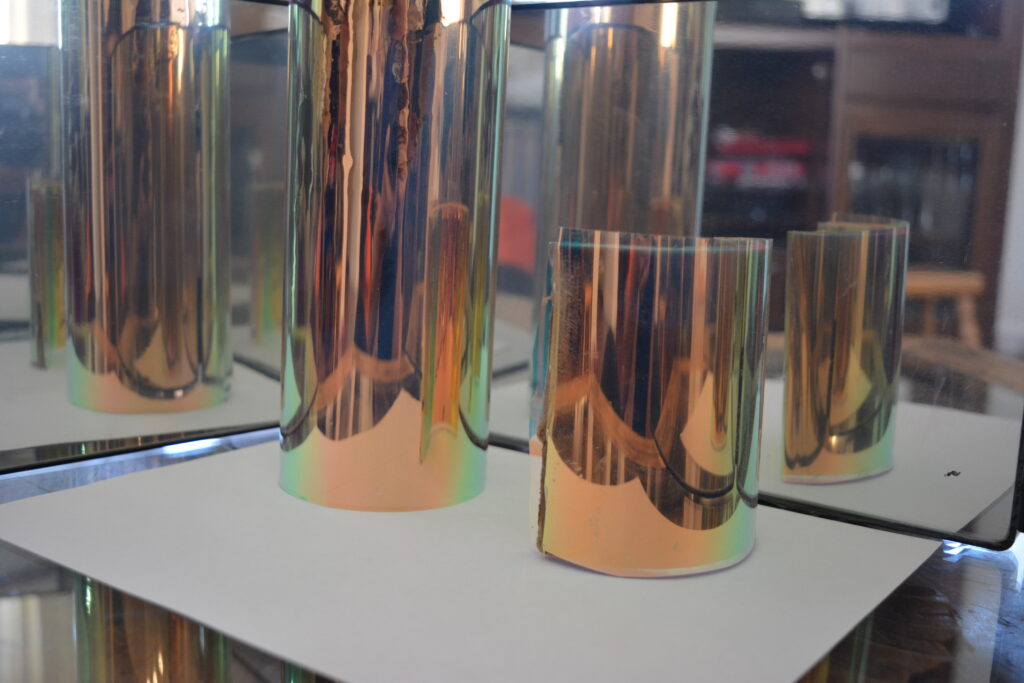
Let’s ask ourselves these questions to peek our curiosity:
- Who do I want to be as an educator?
- What brought me to early childhood education?
- What drives me to continue this work?
- What brings me joy?
- What brings me wonder?
- What am I curious about?
- How do I like to play?
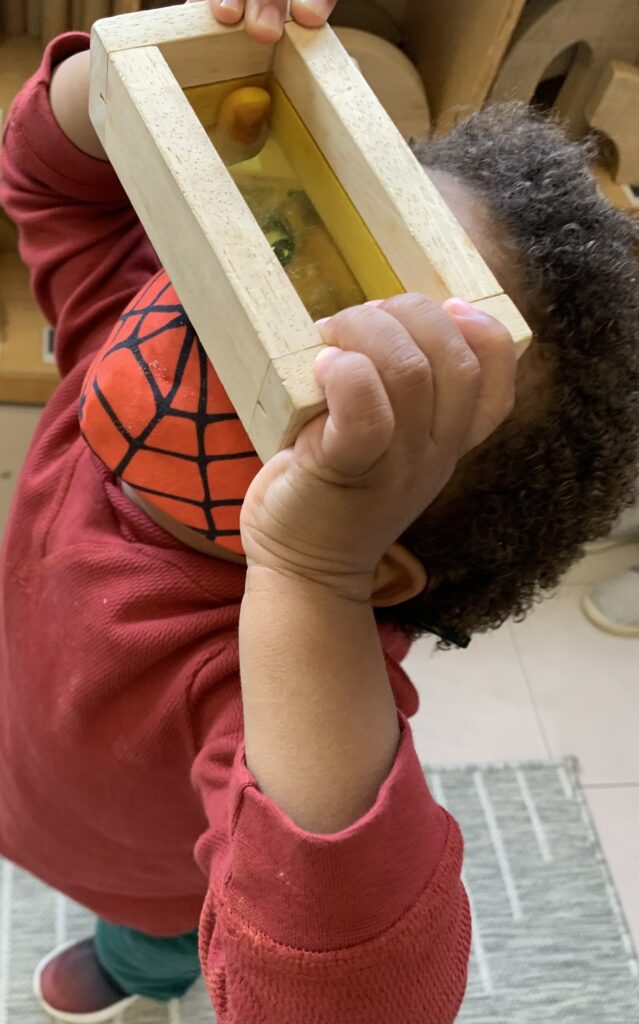
After taking the time to reflect and rediscover who we are as educators and redesign our educational system, we will then be able to reimagine our journeys.
Call to Action: We invite you to join us in a journey of discovery and renewal as we unpack the revisiting journeys framework.
Pre-order the book Revisiting Journeys: Understand How Children Reflect, Reimagine, and Redesign Play and Learning
